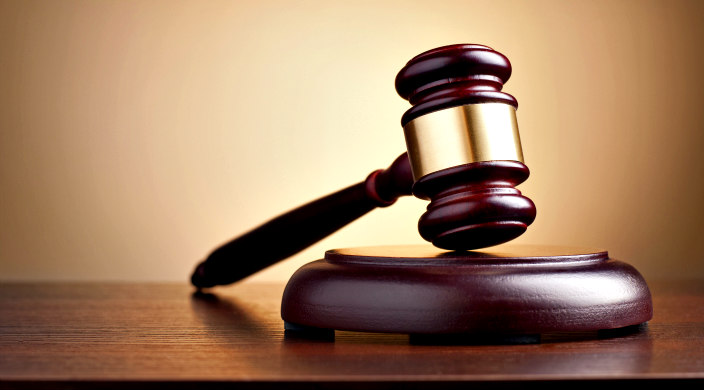- Eleven West African nationals deported from the United States have filed legal action against the Ghanaian government, challenging their detention.
- The group is seeking an interim injunction to halt further deportation and a writ of Habeas Corpus to compel the state to justify their confinement.
- The case will be heard by the Labour Division of the High Court in Accra on September 23, 2025.
- The applicants allege they were secretly removed from U.S. detention centers, shackled, and flown to Ghana without notice.
- Upon arrival, they claim they were handed to Ghanaian authorities and confined in a suspected military facility without due process.
- The group includes nationals from Nigeria, Liberia, Togo, The Gambia, and Mali.
- Their lawyers argue the detention violates Ghana’s Constitution and international human rights law, including the principle of non-refoulement.
- At least eight of the applicants had previously been granted protection under the U.S. Convention Against Torture.
- The suit names the Attorney-General, Chief of Defence Staff, and Comptroller-General of Immigration as respondents.
A legal storm is brewing in Accra as eleven West African nationals deported from the United States challenge their detention in Ghana, alleging violations of constitutional and international law. The group, which includes citizens of Nigeria, Liberia, Togo, The Gambia, and Mali, has filed two urgent ex-parte applications at the Labour Division of the High Court.
The applicants are seeking an interim injunction to stop their deportation to their home countries and a writ of Habeas Corpus to compel the government to produce them in court and justify their confinement. The case is set to be heard on September 23, 2025, by Justice Priscilla Dikro, who has requested more time to review the filings.
According to affidavits submitted by the group, they were secretly removed from U.S. detention centers between September 5 and 6, shackled, and flown to Ghana without prior notice or explanation. Upon arrival, they allege they were handed over to Ghanaian authorities and detained in what they believe is a military facility, without access to legal counsel or judicial oversight.
Their legal team, led by Oliver Barker-Vormawor, argues that the detention breaches Article 14(1) of Ghana’s Constitution, which guarantees personal liberty, and Article 23, which protects the right to administrative justice. They also cite the principle of non-refoulement, which prohibits returning individuals to countries where they face persecution or torture.
At least eight of the applicants had previously been granted “Withholding of Removal” or “Deferral of Removal” under the U.S. Convention Against Torture, making their deportation to their home countries a potential violation of international law.
The suit names the Attorney-General, the Chief of Defence Staff, and the Comptroller-General of the Ghana Immigration Service as respondents. The applicants are asking the court to enforce their rights under Article 33(1) of the Constitution and to grant them immediate protection.
The case has sparked debate over Ghana’s role in receiving third-country deportees and the legal and ethical implications of such arrangements. As the court prepares to hear the interim applications, the outcome could set a precedent for how Ghana handles future deportation cases involving non-nationals.

